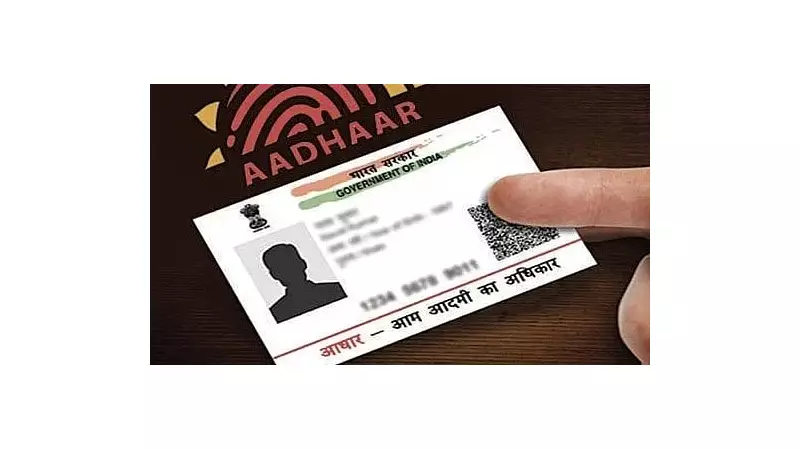
While Aadhaar has become the go-to identification document for most official purposes across India, many citizens remain unaware that numerous other documents are equally valid for transactions at Sub-Registrar offices (SIR). In a significant move towards flexibility and accessibility, 12 states and union territories have officially approved 11 alternative documents that can serve as valid identity proof.
What Documents Make the Cut?
The approved list includes commonly held documents that most Indian citizens already possess. This diversification ensures that individuals who may not have Aadhaar cards or prefer not to use them for certain transactions have multiple options available.
The Complete List of Approved Documents:
- PAN Card - Permanent Account Number issued by Income Tax Department
- Voter ID Card - Election Photo Identity Card (EPIC)
- Driving License - Valid driving license issued by RTO
- Passport - Indian passport with current validity
- Ration Card - Government-issued ration card with photo
- Government ID Cards - Issued by central/state government departments
- Bank Passbook - With photograph from nationalized banksEmployee Identity Cards - From public sector undertakings
- Student Identity Cards - From recognized educational institutions
- Arms License - Valid license for firearms
- Pension Documents - With photograph of pensioner
Why This Diversity Matters
This expanded list of acceptable documents addresses several critical concerns. For senior citizens who may not have updated to Aadhaar, traditional documents like pension papers or ration cards remain valid. Students can use their educational institution IDs, while professionals can rely on their employment cards.
The inclusion of bank passbooks with photographs is particularly significant for rural areas where formal identification documents might be limited but banking penetration has increased substantially.
Geographical Coverage
The policy currently applies to 12 specific states and union territories, though the exact jurisdictions haven't been uniformly specified across all sources. This regional implementation allows for localized adjustments based on demographic needs and administrative requirements.
The move reflects the government's commitment to ensuring that no citizen is excluded from essential services due to documentation limitations. It also acknowledges the practical reality that different segments of the population may have access to different types of identification.
Practical Implications
For property transactions, business registrations, and other official work requiring SIR verification, this expanded list provides much-needed flexibility. Citizens can now choose the document they're most comfortable presenting while ensuring compliance with KYC norms.
This policy also serves as a reminder that while Aadhaar has become ubiquitous, it's not the only valid identification document in India's evolving digital ecosystem.





